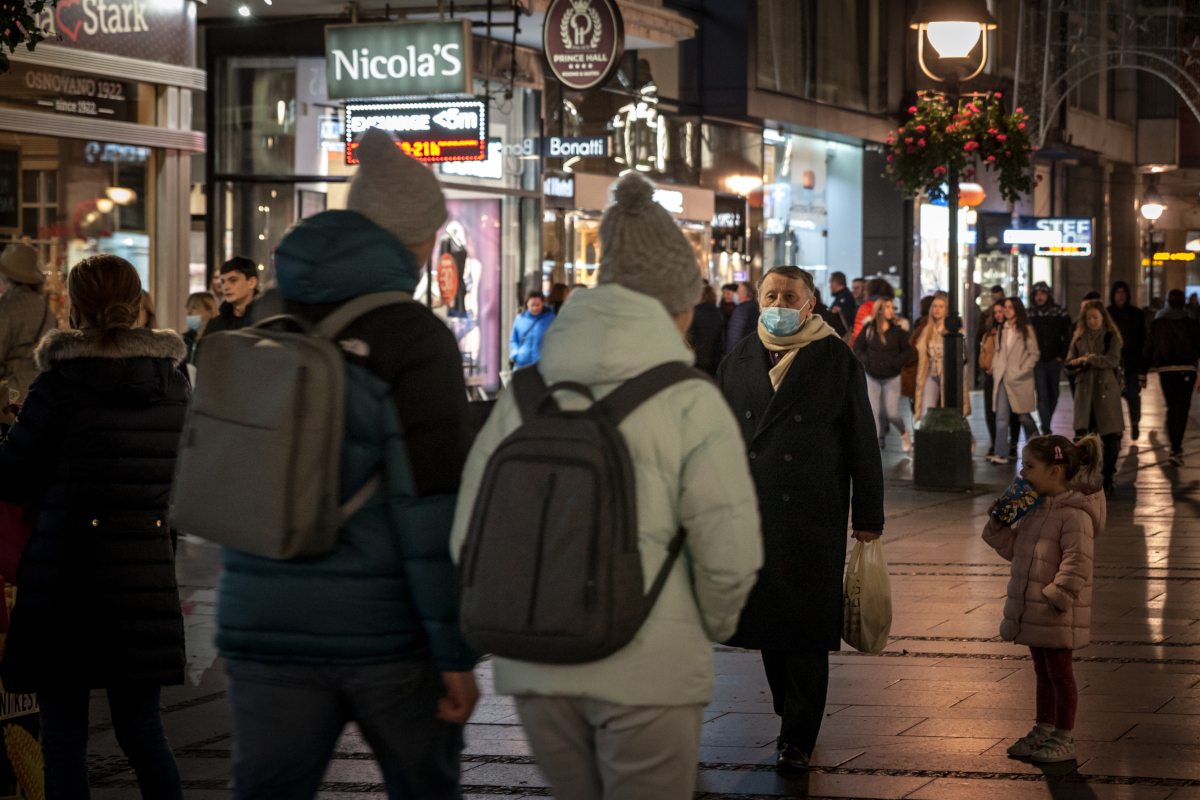Serbia’s robust economy will be hampered by several headwinds in 2022

Event
Serbia’s economy was one of the most resilient in Europe during the first year of the pandemic and rebounded strongly in 2021. This year, economic forecasts are subdued due to the continued Covid 19 impact, persisting supply chain disruptions and inflation pressures.
Impact
The Serbian economy remains on a positive track. If Covid-19 stopped Serbia’s good economic momentum of the past years (+3.6% on average in 2016-2019), the recession was small (-0.9%) and could even be seen as a testimony of economic resilience at a time of far deeper contraction for most of Europe. It has to be noted that compared to many Balkan countries, Serbia’s resilience was helped by the relatively much lower reliance on tourism (5% of current account receipts before the pandemic). Robust growth in 2021 (+6.5%) was supported by strong performances in industrial activity, private consumption and investments, which allowed GDP to return to pre-pandemic levels.

In this favourable recovery context, corroborated by the stable Serbian dinar, Serbia’s business environment risk was upgraded last September from E/G to D/G (i.e. one notch above its pre-pandemic level). Although the 2022 outlook is encouraging, and could temporarily benefit from ‘electoral’ government spending before the general spring elections, several headwinds are expected to bring GDP growth down to 4.5%. Covid-19 remains a hurdle as Omicron cases are rising significantly and the low vaccination rate (47% fully vaccinated on 10 January) in the country of anti-vax hero Djokovic remains well below the European average (62%). Other downside risks are common to many other countries, namely weaker EU demand, supply chain bottlenecks and inflation pressures. Inflation climbed to 7.5% last November, and is likely to hit consumption as high rates mainly reflect high fuel and food prices (including the impact of a severe drought on agriculture in 2021). Accommodative monetary conditions are also likely to be tightened after the elections. Although the IMF expects inflation to ease gradually in the second half of 2022, high uncertainty should persist this year. Hence, Credendo’s business environment risk is expected to stay stable in the coming months.
Besides economic considerations, the dominant event until April will be political, as general elections will be held with incumbent President Vucic – seemingly still the favourite candidate – aiming for a re-election. If he manages to be re-elected, this should allow for policy continuity. However, Vucic’s SNS party (Serbian Progressive Party) could see its powerful position weaken due to a less fragmented opposition. Vucic came to power in 2012 and his long rule was marked by corruption scandals and, more recently, large protests in Belgrade and Loznica (where the mine would be exploited) against an environmentally controversial lithium project. Rio Tinto recently had to suspend this major project – estimated to cover 10% of the world’s lithium reserves – in the Jadar river valley. If Vucic manages to extend his mandate by another five years, the economic benefits of this mining project – supported by the EU in the context of climate transition – might predominate over ecological and social damages.
Analyst: Raphaël Cecchi – r.cecchi@credendo.com